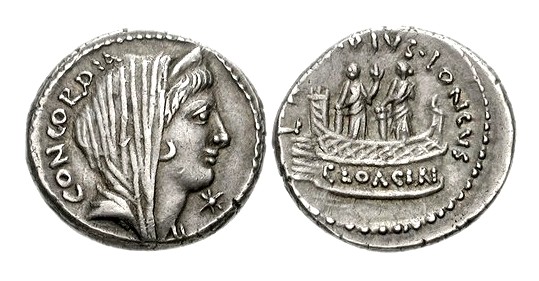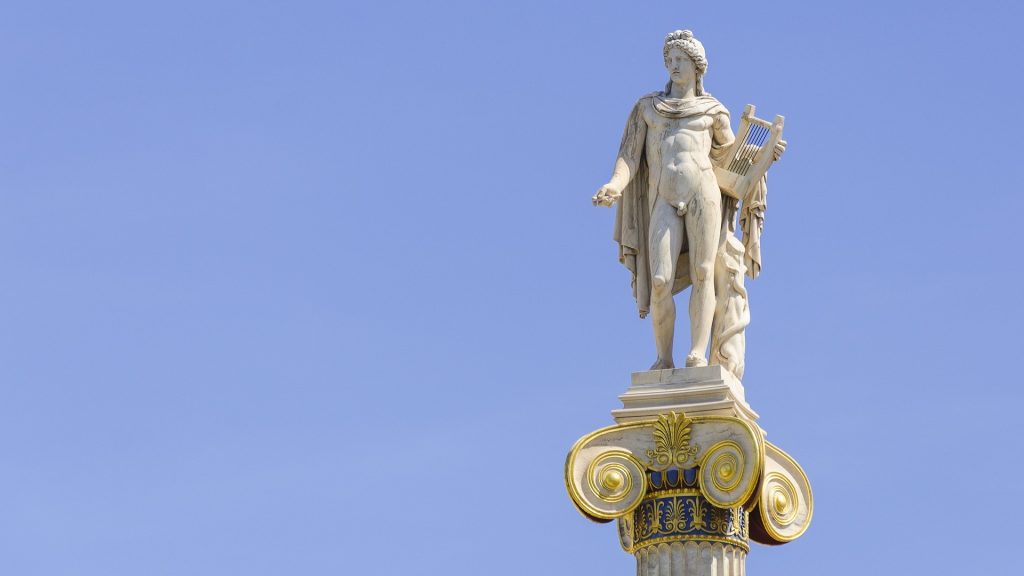The Romans had a multitude of different gods, each with their own tasks.
Others are reading now
Throughout history, various cultures have attributed divine significance to toilets, latrines, and excrement.
Toilet gods — deities associated with these essential yet often overlooked aspects of daily life — have been venerated in civilizations across the globe.
While some toilet gods are linked to illness, death, or other misfortunes, many are symbols of health, fertility, and even prosperity, according to Historie.
Here’s how some ancient civilizations embraced these unusual deities—and why they mattered so much.
Also read
Toilet Gods in Ancient Rome
In ancient Rome, toilet gods held an especially prominent role, with specific deities tasked with maintaining the city’s sewer systems and addressing problems related to defecation.

Cloacina: The Goddess of Rome’s Sewers
One of the most famous Roman toilet gods was Cloacina, the patron goddess of the Cloaca Maxima, Rome’s vast and intricate sewer system.
Cloacina’s role was to ensure the smooth operation of the city’s drainage system.
She was so revered that she had her own sanctuary in the Roman Forum, where citizens would gather, particularly during times when the sewers became clogged and required divine intervention.
Cloacina symbolized cleanliness and order in one of the most advanced sanitation systems of the ancient world.
Stercutius: The Protector of Fertile Fields
Another noteworthy Roman deity was Stercutius, whose name derives from the Latin word for feces, stercus.
Stercutius was especially popular among farmers, as he was believed to protect fields and ensure fertility through the use of manure as fertilizer.
This connection to agriculture made him an important figure in rural Roman life.
Crepitus: The God of Flatulence
According to early Christian sources, the Romans also worshipped Crepitus, the god of flatulence.
Crepitus was said to be invoked by those suffering from diarrhea or constipation. However, modern historians have found no mention of Crepitus in authentic Roman texts, leading them to conclude that early Christians likely invented him as a satirical critique of Roman paganism.
Toilet Gods Beyond Rome
While the Romans are famous for their sewer-related deities, the concept of toilet gods extends far beyond their empire.
In Japan, for example, Ususama-myō-ō is a toilet deity who protects individuals from accidents in the restroom while also promoting fertility and agricultural abundance.
Although modern sanitation has largely replaced divine intervention, the legacy of these unique deities offers fascinating insight into the way ancient societies managed the challenges of waste and cleanliness.


